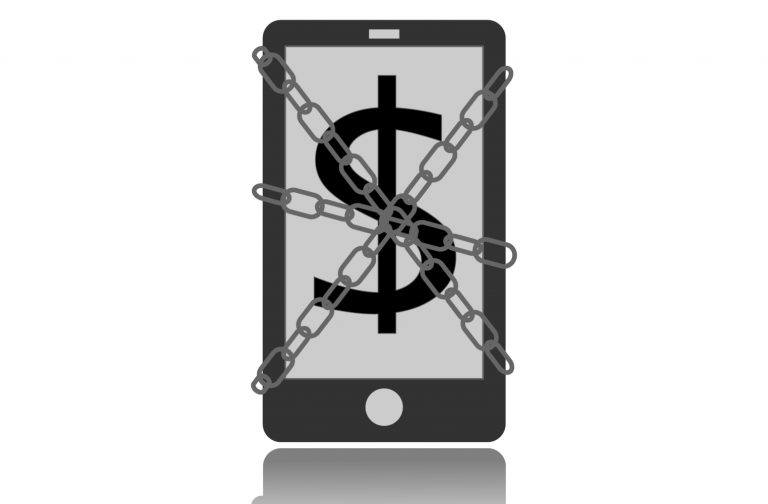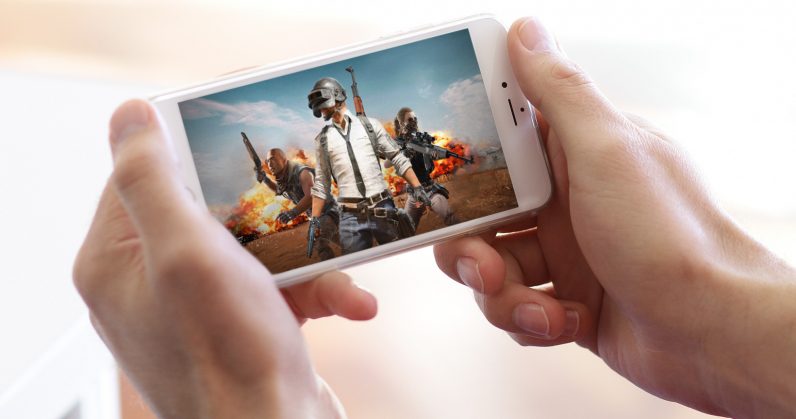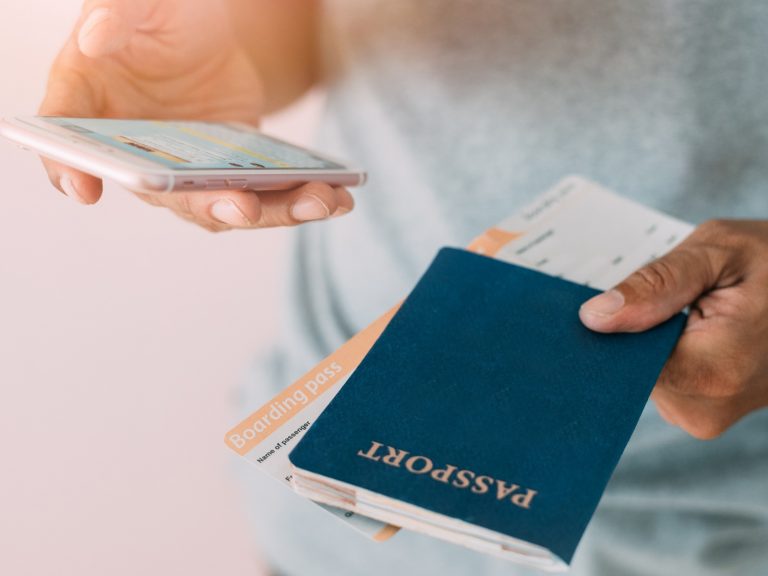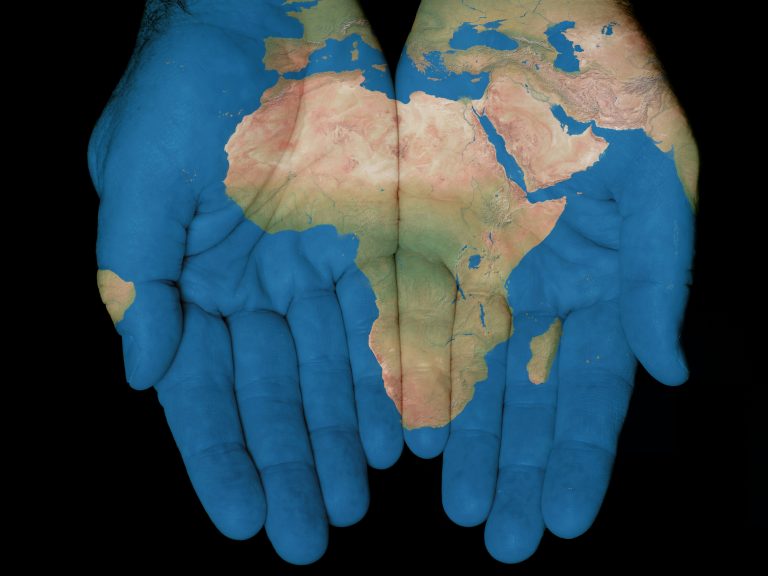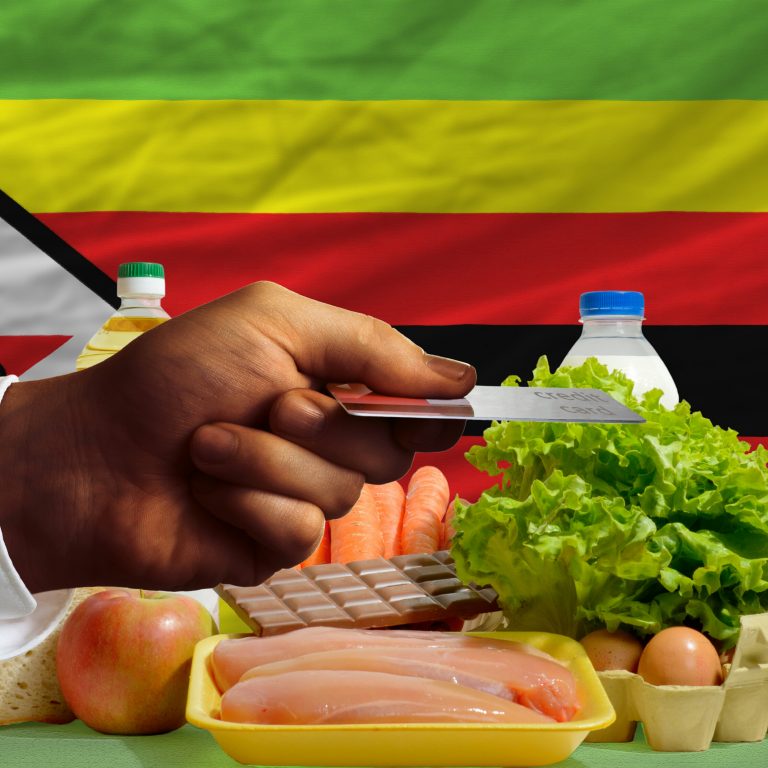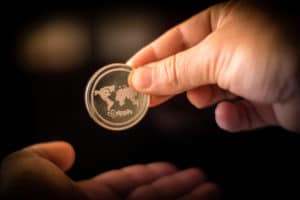
2019-10-15 18:30 |
The IMF has recently found that mobile money accounts are growing in Asia, fast catching up to Africa where it all began.
Mobile money – the ability for anyone with a mobile phone to transfer money to somebody else using a phone and a network of kiosks that far exceeded bank branch and ATM reach – was born of a simple, long-standing problem. Banks were not interested in the unbanked.
This may sound tautological, but there are economics behind it. The unbanked are people for whom there is little incentive for a legacy financial institution to provide banking services, with compliance costs exceeding the value of having the customer. The unbanked are the unbankable.
Cryptocurrency opens up a whole new set of possibilities for the unbanked, especially when it comes to cross-border micropayments.
But the unbanked first gave banks the finger in the pre-smartphone days when a phone number and text message was all that was required.
Kenya… Where it All BeganThe first mobile banking giant to emerge was M-Pesa in Kenya in 2007. M-Pesa has since spread to Tanzania, the DRC, Mozambique, Egypt, Lesotho, Ghana; and into Europe in Albania, Romania. It launched in India reasonably early, in 2013. (It should be noted it failed in South Africa.)
Courtesy CNN, Vodafone, Safaricom, MIT
Mobile banking grew out of a mismatch between the poor who lacked access to banking services and banks that weren’t interested in serving them. Per M-Pesa’s parent company’s CEO Bob Collymore to CNN:
“We target the one shilling. The banking sector across the world has always ignored the so-called base of the pyramid. We haven’t because we understand that the base of the pyramid needs to be served and there’s also commercial viability in doing that.”
– Safaricom CEO Bob Collymore
Asia on the HorizonAccording to the International Monetary Fund’s Mobile Money Note 2019, after initially launching in East Africa in 2007, there are now “276 live mobile money services across the world with over 689 million registered mobile money accounts and 5.3 million registered mobile money agents.” – IMF, Mobile Money Note 2019
Just as M-Pesa has now added a mobile app and a tap-and-pay card to its hitherto low-tech payments solution, mobile banking is beginning to grow deeper in Asia. The IMF recently reported that mobile money has grown in South Asia at an annual rate of 46 percent over the past five years. Bangladesh, Pakistan, and Indonesia are recording particularly high rates of growth.
In Afghanistan, twenty percent of the population have bank accounts, whereas eighty percent have smartphones, making it the perfect petri dish for the development of the mobile money revolution.
Hold Up Crypto Fans! The IMF Is No AficionadoObvious pain points remain in mobile banking as it stands due to centralization and the limitations on cross-border transactions.
Safaricom’s M-Pesa is a Vodafone love child, so while you can send money to M-Pesa users in Uganda and Rwanda from Kenya, they need to be Vodafone customers in Tanzania and MTN customers in Rwanda and Uganda. The agents who cash out the mobile payments are controlled by the Telcos. Perhaps they could use the finger too.
The unbanked may not need the services of banks, but they are still beholden to corporate deals between Telco giants. In the same way, mobile money works within the Weixin infrastructure in China, Kakao in Korea, and PayPal/Venmo in the western world.
Being ignored by banks only to be controlled by non-banking corporations is the first step forward. Cryptocurrency is the full monty.
Which makes it surprising that the IMF on September 30 was so enthused about the spread of mobile banking, when 11 days beforehand its tone toward cryptocurrencies – focusing on stablecoins – was so antagonistic.
Stablecoins Bad!The organization was scathing on the emerging threat of stablecoins, warning that they would never replace banks; threatened to create new monopolies; allowed inappropriate access to consumer data; and threatened shit-fiats like the Venezuelan sovereign bolivars. (Venezuela’s new currency, based on the Petro cryptocurrency which is based on a barrel of heavily sanctioned extra-heavy crude oil, and which now has 50,000 bills, is abbreviated to Bs for a reason).
The IMF fears consumers in hyperinflation countries may shun the local currency, rather than suffer in misery from centrally controlled ineptitude.
They are also concerned about the financing of illicit activities, which, of course, fiat has never been involved in. It is worth noting that informal money transfers that the IMF was so enthusiastic about in its September 30 report were reportedly used to finance terrorism in Pakistan.
Even more bizarrely, the group expressed concerns that “stablecoins could provoke the loss of “seigniorage,” where central banks capture profits from the difference between a currency’s face value and its manufacturing cost.”
– IMF, Digital Currencies: The Rise of Stablecoins, September 19, 2019
If a central bank’s role is to manage a country’s currency, profiteering should be at the very end of its list of priorities. In fact, profiting from printing money creates a severe moral hazard, encouraging excessive money supply.
The IMF is concerned stablecoins are not regulated or guaranteed by governments. In what statutes is Vodafone obliged to honor a Kenyan Shilling transfer?
MIT economist Tavneet Suri has found that the M-Pesa mobile money services “have helped Kenyans save more money and weather financial storms, among other benefits… [and that] mobile-money services have had notable long-term effects on poverty reduction in Kenya”.
If seeing people emerge out of poverty is of little interest to the IMF, perhaps it is time the institution packed its bags and shut up shop. And if it is interested in reducing poverty, the evidence is clear: more and easier access to money is an excellent stewardess of poverty reduction.
Surely the cheaper transfer costs and cross-border capabilities of cryptocurrencies will only maximize those very positive impacts.
It seems the unbanked now have a third institution to which to give the bird.
The post Support Mobile Banking, Discredit Crypto: How The IMF Treats The Unbanked appeared first on Crypto Briefing.
origin »Bitcoin price in Telegram @btc_price_every_hour
Universal Mobile Token (UMT) на Currencies.ru
|
|



